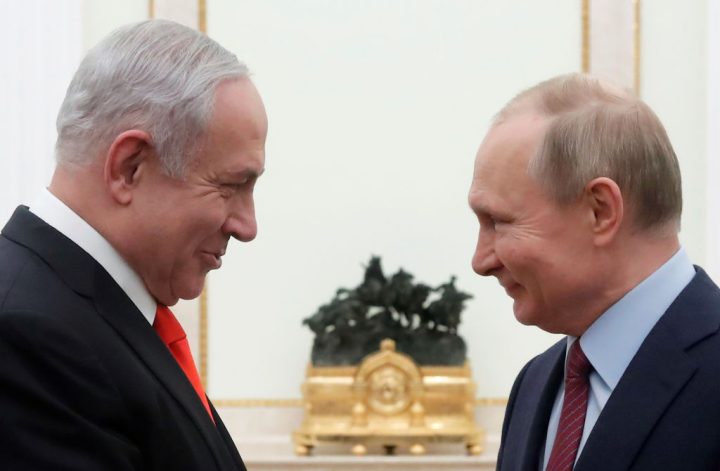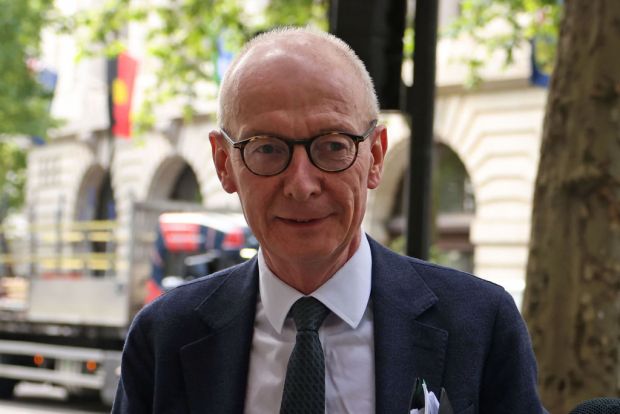When Israeli prime minister Benjamin Netanyahu held a 50-minute phone call with Russian president Vladimir Putin last weekend, it was only the second time the two leaders had spoken since the war against Hamas started on 7 October. The two leaders were once close allies, but no longer: relations between Putin and Netanyahu have now fractured, perhaps beyond repair.
Already a subscriber? Log in
Subscribe for just $2 a week
Try a month of The Spectator Australia absolutely free and without commitment. Not only that but – if you choose to continue – you’ll pay just $2 a week for your first year.
- Unlimited access to spectator.com.au and app
- The weekly edition on the Spectator Australia app
- Spectator podcasts and newsletters
- Full access to spectator.co.uk
Or




















Comments
Don't miss out
Join the conversation with other Spectator Australia readers. Subscribe to leave a comment.
SUBSCRIBEAlready a subscriber? Log in